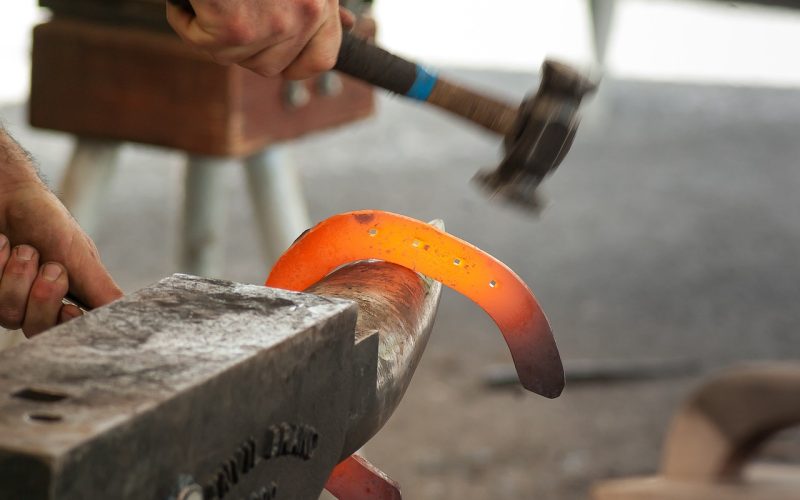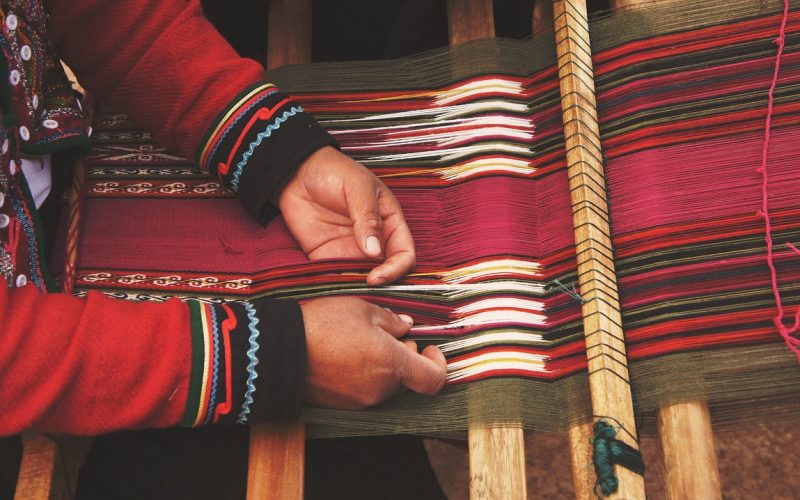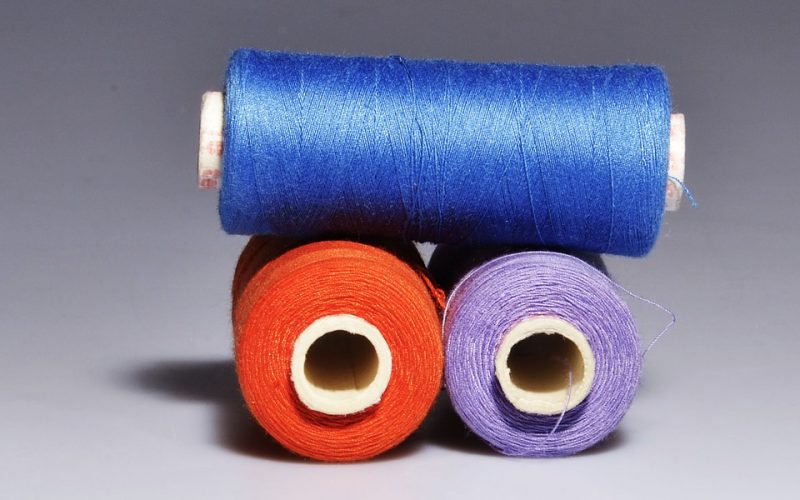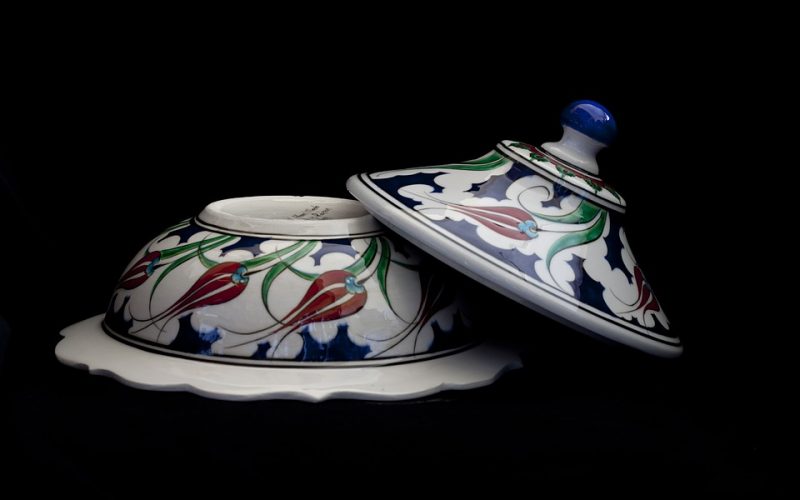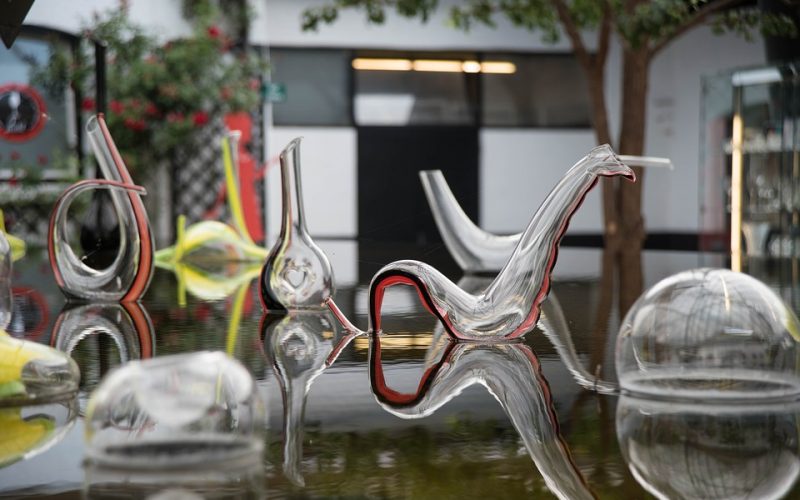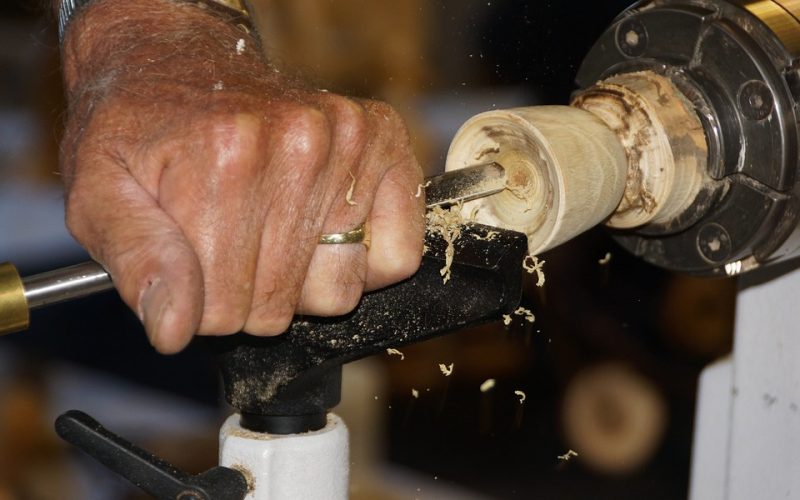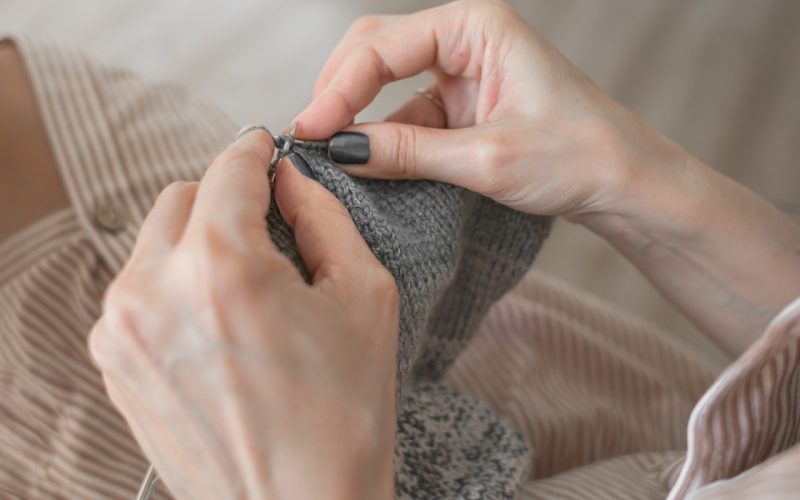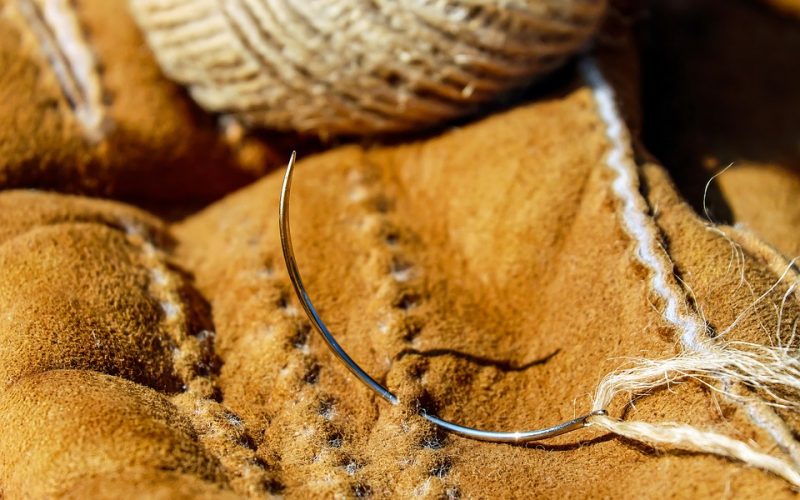Preserving Traditional Skills
In our rapidly evolving world, where technology and innovation dominate the landscape, traditional skills—those age-old crafts and techniques passed down through generations—are increasingly under threat. From blacksmithing to handloom weaving, these skills represent not only a connection to our cultural heritage but also a wealth of knowledge and craftsmanship that risks being lost forever. Understanding and preserving these skills is crucial for maintaining cultural diversity and promoting sustainable practices in a modern context.
The value of traditional skills in a modern society
Traditional skills have been integral to human civilisation for centuries, providing communities with essential goods and services. They encompass a wide range of crafts such as pottery, woodworking, basket weaving, and textile making. These crafts have historically been at the heart of cultural expression and community identity. In today's fast-paced world, where mass production often sacrifices quality for quantity, traditional skills offer a reminder of the beauty of bespoke craftsmanship and the value of patience and precision.
Challenges faced by traditional artisans
Despite their importance, traditional skills are facing numerous challenges. Globalisation and industrialisation have led to the mass production of goods, which can be produced more cheaply and quickly than handmade items. This economic pressure has driven many artisans to abandon their crafts in search of more lucrative employment opportunities. Additionally, the ageing generation of skilled craftsmen often struggles to find younger individuals willing to learn and continue these traditions, leading to a gradual decline in these time-honoured practices.
The role of education and apprenticeship
Education plays a pivotal role in preserving traditional skills. By integrating these crafts into educational curricula, we can inspire a new generation of artisans who appreciate the value of hands-on work and cultural heritage. Apprenticeship programmes are particularly effective in bridging the gap between generations, allowing young people to learn directly from experienced craftsmen. These initiatives not only provide practical skills but also foster a sense of pride and respect for traditional crafts.
Technology as a tool for preservation
While technology is often seen as a threat to traditional skills, it can also be an ally in their preservation. Digital platforms and social media allow artisans to reach a global audience, sharing their crafts and stories with people who might never have encountered them otherwise. Online marketplaces provide a platform for selling handmade goods, supporting artisans financially and encouraging the continuation of their crafts. Additionally, technology can aid in documenting techniques and processes, ensuring that even if the skills themselves fade, the knowledge is preserved for future generations.
Community and cultural initiatives
Local communities play a crucial role in the preservation of traditional skills. Cultural festivals, craft fairs, and workshops offer opportunities for artisans to showcase their work and engage with the public, fostering a greater appreciation for these crafts. Governments and NGOs can provide support through grants and funding, ensuring that traditional skills remain viable career options. By recognising and valuing these skills as part of our cultural heritage, communities can create an environment where traditional crafts can thrive alongside modern developments.
The future of traditional skills
Preserving traditional skills is not just about safeguarding history; it's about ensuring a diverse and sustainable future. These skills offer solutions to modern challenges, such as the demand for sustainable and eco-friendly products. Traditional crafts often rely on natural materials and processes that have minimal environmental impact. By reviving and adapting these practices, we can create a more sustainable model of production that respects both the planet and its cultural diversity.
Traditional skills are an invaluable part of our cultural heritage, offering insights into our past and solutions for our future. By recognising their importance and taking steps to preserve them, we can ensure that these crafts continue to enrich our lives and societies for generations to come.
